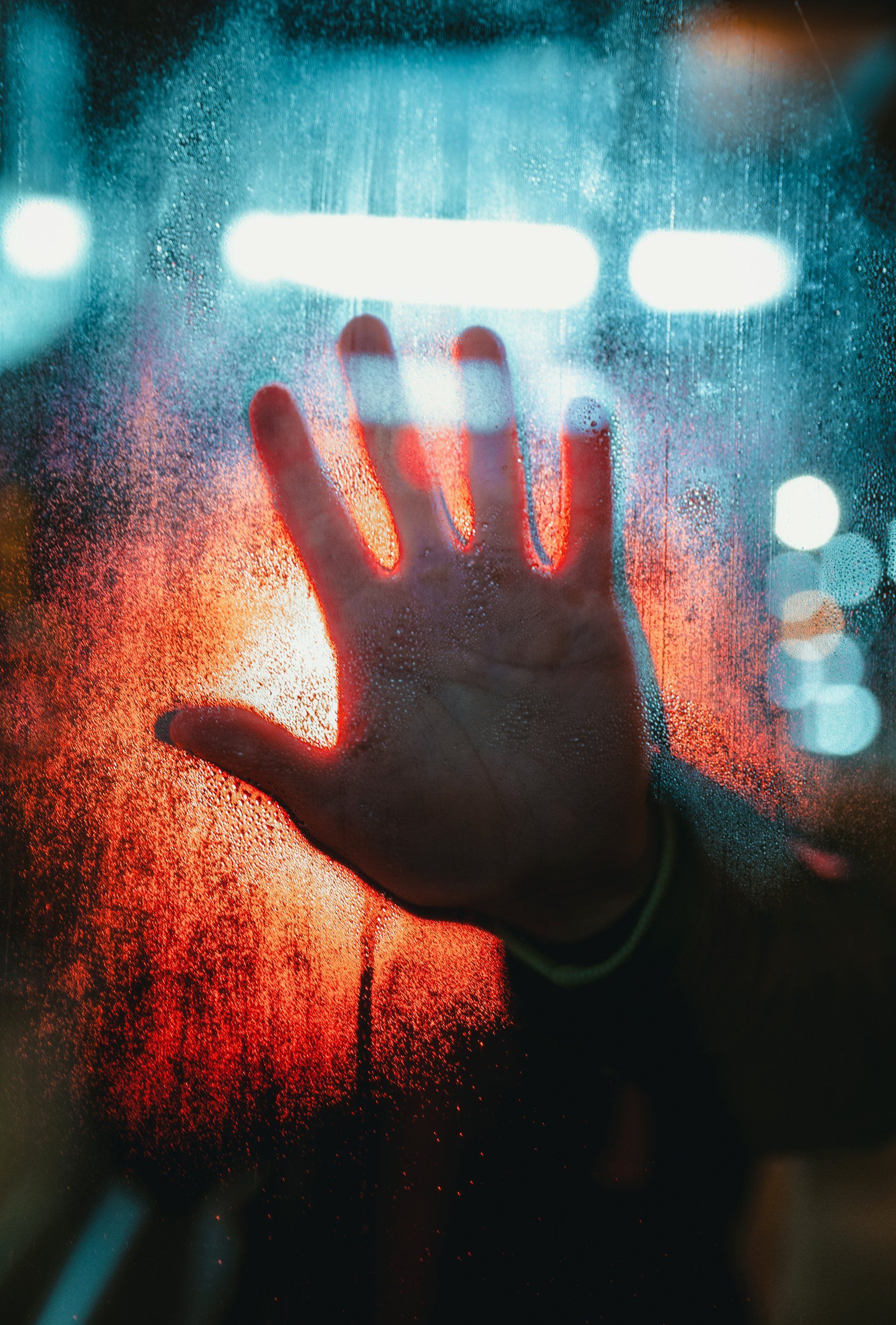Why covid herd immunity remains highly unlikely
In Africa more than 66% of people have had covid. That’s 97 times more than the reported number of cases, according to the WHO. They estimate around 800 million people had been infected by September 2021. The number of reported cases was just 8.2 million.
Because the virus keeps replicating, it’s easy to catch it more than once. In fact almost everyone in Iran has had covid at least once. So how does the theory of herd immunity stack up in the situation we’re in right now?
Herd immunity is when so many people are immune to a virus that it can’t spread. This protects everyone, including people who aren’t immune. So is there such a thing as herd immunity from covid, and are we anywhere near it? Scientists say it’s unlikely to be soon and might not be possible at all.
At its simplest, herd immunity marks the point where everyone with covid infects less than one other person. Infections decrease and occasional cases don’t spread far. This, in theory, should be possible via vaccination or past infection. Both give you some immunity from re-infection. Smallpox, for example, was finally killed off for good in 1980 after a worldwide vaccination campaign.
On the other hand, even if 90% of us have all our jabs, no vaccine is 100% effective. The vaccines we have are brilliant but they don’t block infections completely. Some vaccinated people still pass covid on. It looks like our current vaccines are up to 79% effective against symptomatic infection from the delta variant, for example.
The thing is, herd immunity isn’t that simple. The risks vary depending on how much social contact people and their communities have, the age you first catch covid, the state of your immune system, how good any existing immunity you may have is, and your genetics.
In a landscape like this the only real way to reach herd immunity is via ‘extremely effective’ vaccines that provide ‘near-sterilising immunity’, where the uptake of the vaccine is very high and the virus is completely prevented from replicating. This means, as it stands, it would take an ‘impossible feat’ of vaccinating 100% of the UK population to achieve herd immunity.
But doesn’t immunity build slowly over time as people gain natural immunity of their own after infection? Sadly not. Covid immunity doesn’t last long. Re-infection is entirely possible. And variants can evolve to avoid existing immunity. Because vaccine roll-out across the world hasn’t been fair, with many countries – mostly poor ones – falling way behind, even a country with high vaccination rates will see surges in cases when people from other countries bring covid back in. Think measles in the UK and you get the picture.
The conclusion? There’s
“no chance of ever reaching herd immunity for covid”, something many scientists are unanimous about. It is very unlikely indeed that the UK will ever reach herd immunity. Instead it’ll probably become endemic, like flu, turning up every winter.
The only way out? Thomas House at the University of Manchester says we’d either need to achieve more than 95% vaccine coverage in everyone over 12 and add an annual booster, or come up with a vaccine that brings about ‘sterilising immunity’.
According to New Scientist magazine this means that nobody, least of all politicians, should rely on herd immunity for total protection against an illness that is potentially deadly and often has long-term impacts on our health.
You need far UVC virus sterilisation
More than two years after the first lockdown, the case for Far UVC sterilisation indoors is even stronger than ever. We make affordable, highly effective, low maintenance covid killing lights that are cheap to run and work incredibly well to keep people safe from covid infection.
Covid isn’t going away. It’s time to invest in your business’ future, keep your customers safe, and look after your employees for the long haul. Let’s discuss what we can do for you.










